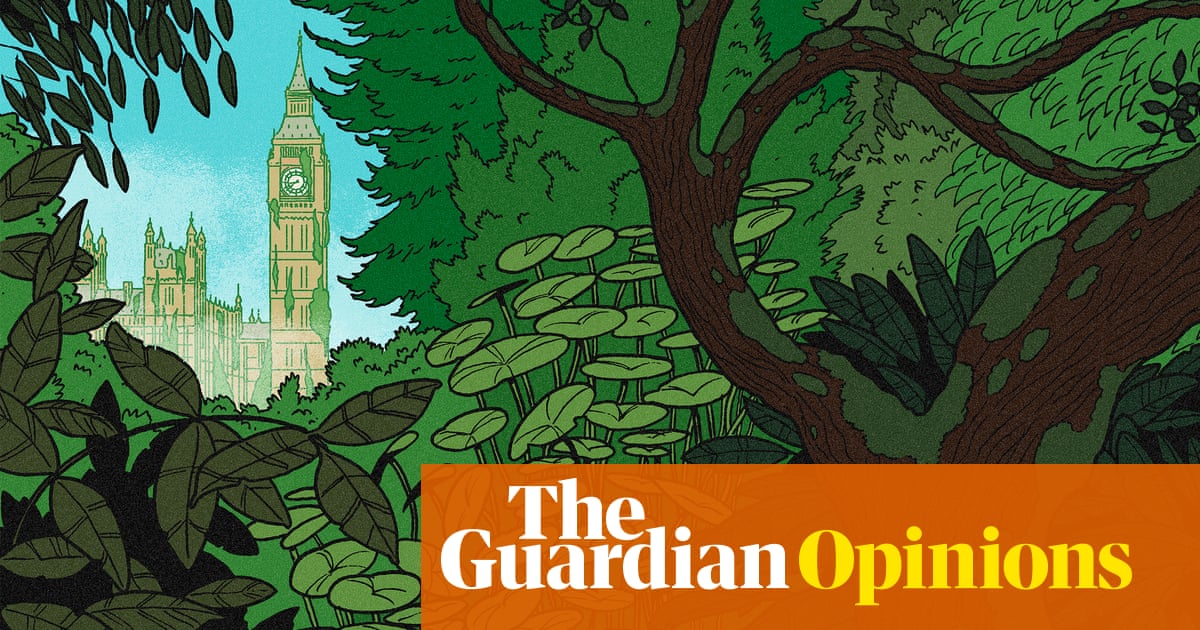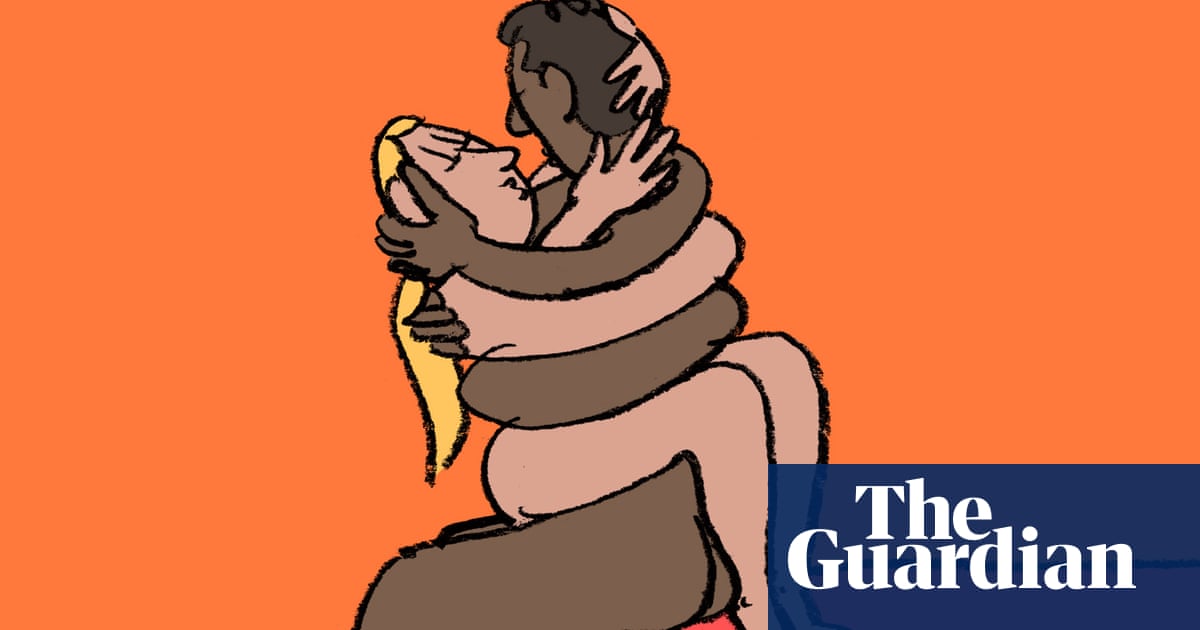
Iapologise in advance, because this column is about something that didn’t happen. Too much is actually happening in the world that deserves our attention, but in this instance, it’s worth pausing, and then tracing, how fiction becomes fact.
By now, you may have heard that a girl in a school in Rye in East Sussex said she was a cat, that she “identified” as such, and that others who disagreed with her were chastised by a teacher. If you have come across this story, you would be entirely forgiven for thinking it was real. “Catgirl: today’s culture of affirmation is failing children,” wailed the Telegraph. Nick Ferrari on LBC hosted a whole phone-in segment about the story. The Mail unveiled an “investigation” that revealed this was not an isolated incident, but part of a larger phenomenon where children are identifying as cats, dogs, dinosaurs and “furries”.
You may have a good nose for nonsense, and may have thought that this story sounded wildly implausible, but even that would not have saved you from eventually having to consider it to be true. Because before long, the leader of the opposition, a minister of the crown and our prime minister himself had, as per the customary terminology for such controversies, “waded in”. A spokesperson for Keir Starmer said: “I think children should be told to identify as children.” Downing Street issued a statement to the Telegraph. Kemi Badenoch requested a snap Ofsted inspection, on the basis that a recording was circulating of “a teacher acting inappropriately regarding her pupils’ beliefs about sex, gender and a fellow pupil who claimed to identify as a cat”.
Let’s get the facts out of the way first. At no point did anyone identify as a cat. A short exchange between schoolgirls and a teacher was recorded by one of the girls and then posted on TikTok, after which it went viral, was picked up by Fox News and the rightwing press, and then blessed into respectability by mainstream media and politicians. It was a heated debate, during which one of the girls cited a conversation with another girl about identifying as something other than a girl, such as a cat. “I said, how can you identify as a cat when you are a girl.” She is scolded by the teacher, whose tone and language definitely to my ears from the short recording sounded troubling, and the wrong approach to such discussions. But no one ever identified as a cat, or was criticised for doing so.
But it doesn’t matter. Because it’s too late. Once these accounts are reported wrongly in the public domain there is an entire ecosystem that is built to amplify them and in doing so, keep whatever the moral panic of the day is in the headlines. They are usually on vexatious, complicated subjects, around which feelings run high. And so even if it turns out they are not entirely true in their detail, people can dismiss that on the technicality that they are true in their essence.
But how we report such matters is linked to how we respond to them. News as simply high-pitch bad vibes will trigger high-pitch bad responses. This time it was about transgenderism. But it is, and has been for a long time, about a number of other threats that we are relentlessly sold.
Cat child didn’t happen, just as Rule, Britannia! and Land of Hope and Glory were not axed from what was described as the BBC’s “Black Lives Matter Proms”. Nor was Cambridge University “forced to drop white authors”, or a Muslim bus driver allowed to throw his passengers out so he could pray, or an Iraqi caught “red-handed” with a bomb awarded thousands of pounds in compensation for being kept in custody too long.
I could go on, but there simply isn’t enough space. There was enough in all these examples for them to withstand a cursory look, for them to be regarded in the final fact count as perhaps not technically true, but true enough essentially.
The problem isn’t anything as trite as an epidemic of “fake news”. Half-truths and full lies are more concerned with diverting political consciousness and consumption to the trenches of identity and lifestyle preoccupation, and away from more critical areas such as the political and economic decisions relating to our standard of living, and even the very education system that troubles the media because of a nonexistent cat child. That very same system faces the crises of poor recruitment and teachers quitting in high numbers due to low pay, high workloads, and the fact that social care, special needs and mental healthcare resources are all but vanishing.
It helps that these stories are cheap to produce. They are mostly recycled copy and skimming the froth from social media. It helps that they sell well: fear always has a hot market.
And all this diversion and drama suits our politicians. Boris Johnson, as prime minister, jumping on a rightwing crowd-pleasing story about the BBC, declared “we are not embarrassed to sing Rule, Britannia!”. The facts are not what matters as the bandwagon rolls: all that matters is how the situation is used to advance an image, to reap political advantage, to shape a national mood.
But the costs of this are high. Not just to our ability to negotiate inevitable changes and accommodations needed in a modern, compassionate society, but to the people at the heart of these distortions and fabrications – immigrants, racial and sexual minorities, disabled benefit claimants. They are caught in the bandwagon spokes: mangled and traduced.
Sarah Lyall, who once covered London for the New York Times, described the Daily Mail’s unofficial motto as “What fresh hell is this?”, and that aptly describes how we are primed to react with hostility to those who do not conform to a strict identity and economic profile. You must not need, you must not be different, you must not imagine or demand new ways of being, all while being reassured that we are out of the woods, that Britain is in fact, an exceptionally tolerant and liberal place.
Which it is, when it is allowed and encouraged to be. When it’s not, that paradise of tolerance may, to some, seem to be all around, but to others it’s constantly just out of reach. That state calls to mind the anguish of Mephistopheles, Satan’s emissary to Doctor Faustus, when he is asked how he can be damned when he is on Earth. “Why, this is hell,” he says. “Nor am I out of it.” Nor are we. But we could be. Which is why it’s important to learn about the things that never happened.
Nesrine Malik is a Guardian columnist












